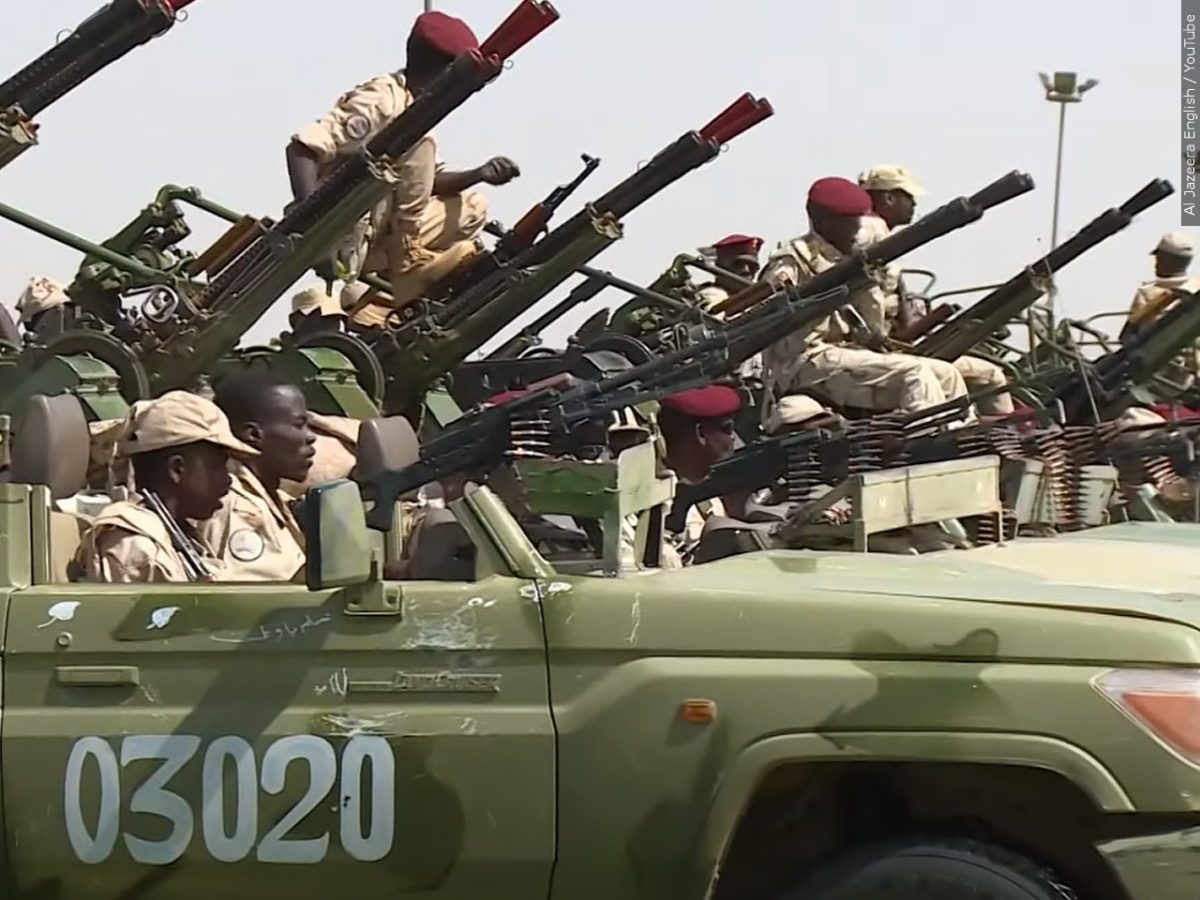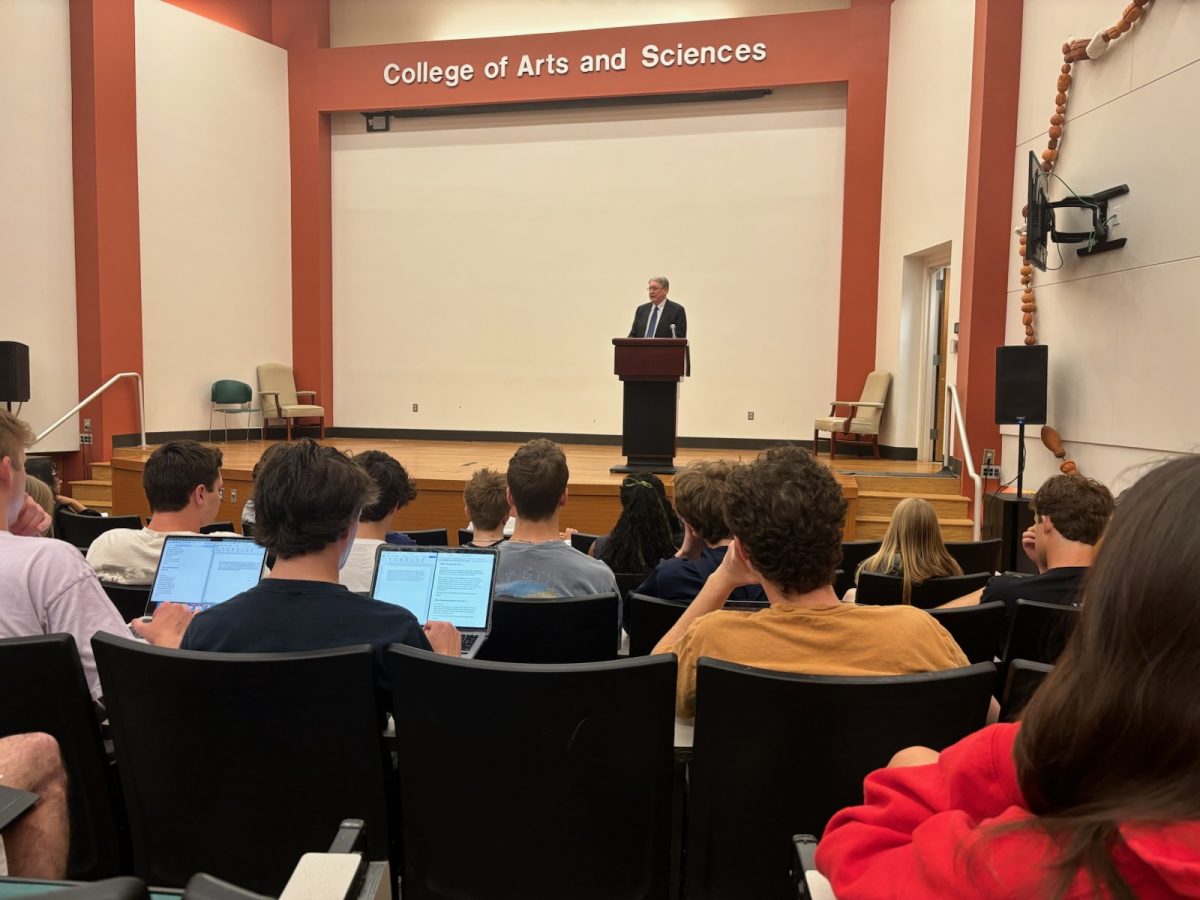A civil war in Sudan between the Sudan Armed Forces, or SAF, and the paramilitary group Rapid Support Forces, or RSF, is now estimated to have killed over 9,000 people since the war broke out on April 15. At least another 5.6 million people have been displaced due to the lack of safety and resources available in the country.
The war began in Khartoum, Sudan’s capital, and revolved around locations such as the SAF’s military headquarters and Khartoum’s airport. Both generals blamed the other side for the first strike. However, the RSF began stationing soldiers in the capital, and the SAF brought in tanks immediately before the beginning of the fighting.
The United Nations, or U.N., has been attempting to support a peaceful resolution since September of this year but has faced difficulty with funding and reaching the civilians that Sudan’s armies are leaving helpless and stuck in a war zone. The U.N. has focused on humanitarian assistance and requested $1 billion to help their efforts to save Sudanese refugees.
“Half a year of war has plunged Sudan into one of the worst humanitarian nightmares in recent history,” said Martin Griffiths, under-secretary-general of the U.N. “Even in areas we can access, humanitarians are hamstrung by underfunding.”
In this statement, Griffiths revealed the U.N. has only received 33% of the $2.6 billion required to help Sudanese in need.
The SAF’s general, Abdel Fattah al-Burhan, and the RSF’s general, Mohamed Hamdan Dagalo — also known as Hemetti — worked together directly, as General Hemetti was the deputy of General al-Burhan during the overthrow of the Bashir regime.
After the coup d’état, the plan was for the RSF to be integrated into the SAF, but disagreements arose about how that process would take place and who would take leadership of the new military.
Currently, the fighting has spread through the southern half of the country. The SAF is in control of Port Sudan, the Nile River and most of the southeastern region of the country. The RSF has built control of the southwestern region, which borders South Sudan, Chad and the Central African Republic. This positioning gives the SAF control of the only port and the basis of trading with Egypt, leaving the RSF with few options to get food and supplies.
Approximately 4.5 million Sudanese have been internally displaced since April. Many are living in camps in Darfur, which is currently under RSF control.
An additional 1.2 million people have fled to neighboring countries, such as Chad, Egypt, Ethiopia, South Sudan and the Central African Republic.
“The war is hurting Sudan’s future in more ways than just taking lives,” said Sairsha Connor, a sophomore mass communication major. “Having so many families displaced and taken from their homes does irreparable damage to the unity of citizens and trust within the government. The war is taking people away from their families, kids away from their schools and making citizens want to escape and live elsewhere.”
The SAF’s largest ally is Egypt. Sudan and Egypt have been trading partners and allies for decades. The SAF has maintained control of the Egyptian trading route for food, resources and military support throughout the war.
The RSF is primarily being supported by the United Arab Emirates, or UAE, and the Libyan militia. Hemetti has personal ties with the Libyan militia, but the UAE primarily supports them for future trade reasons.
Sudan is positioned in a way that it bridges the Middle East and Africa. Since the SAF already has strong allyships with other countries, the UAE decided to support the RSF in hopes that they will gain power in the future.
“There needs to be a negotiated solution to end this war as soon as possible,” said Martha Pobee, assistant secretary-general for Africa of the U.N. “The longer this war continues, the greater the risk of fragmentation and foreign interference.”

















